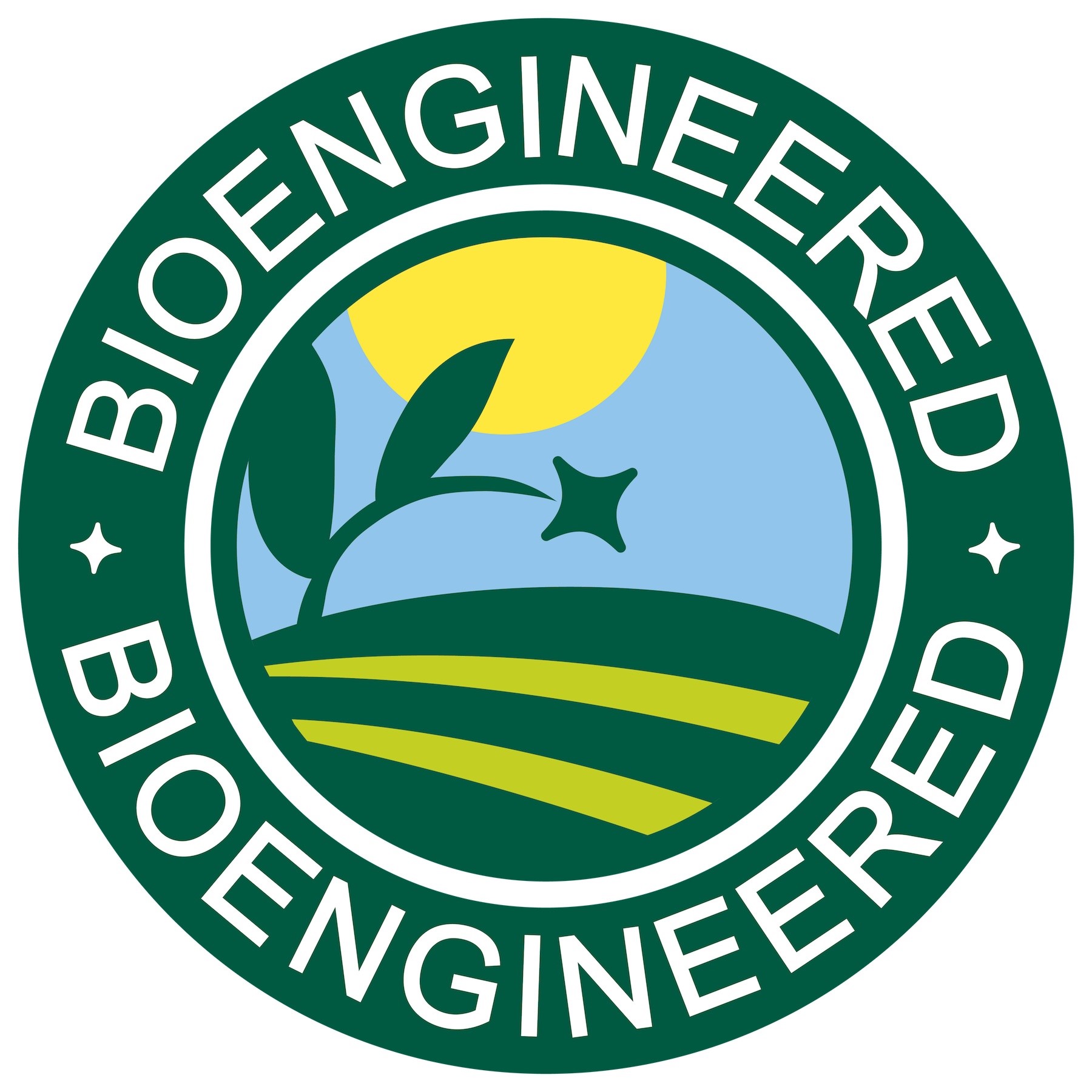On January 1, 2022, foods that contain genetically modified organisms must be labeled to inform consumers that they are purchasing and consuming a bioengineered food.
The United States Department of Agriculture’s final rule is complex for food manufacturers and importers. It is even more complicated for retailers.
Vermont Leads the Way
The rule regulating Bioengineered Food has been long in the making. Most lawmakers, large food manufacturers, and the trade associations that represent them (Consumer Brands Association, Food Marketing Institute, etc.) did not want foods to be identified as bioengineered on packages or in-store signage.
Then, Vermont passed its Bioengineered Food law, which went into effect on July 1, 2016. All foods sold in Vermont were required to identify whether they had genetically modified ingredients. With the complexity of the food distribution and retail system, the law enacted by this tiny state had national implications. The National Bioengineered Food Disclosure Standard (NBFDS), also known as Public Law 114-216, amended the Agricultural Marketing Act of 1946, and directed the Secretary of Agriculture to establish the standard for disclosing any food that is made with BE ingredients. The rule became effective on February 19, 2019, with a Mandatory Compliance Date of January 1, 2022.
The Retail Question
The responsibility for disclosing BE ingredients in packaged food that is received by a retailer is the responsibility of the manufacturer or importer. Manufacturers with annual receipts of less than $2.5 million are exempt. According to USDA, that is 75 percent of U.S. food manufacturers.
The Standard exempts food served in restaurants or similar retail food establishments. “Similar retail food establishments” are defined as:
• Cafeterias
• Lunch rooms
• Food stands
• Food trucks
• Transportation carriers (such as a train or airplane)
•Saloons, taverns, bars, lounges, other similar establishments operated as an enterprise engaged in the business of selling prepared food to the public
• Salad bars, delicatessens, and other food enterprises located within retail establishments that provide ready-to-eat foods that are consumed either on or outside the retailer’s premises.
Supermarkets, specialty food stores, natural food stores, and other retailers do not need to label BE food that is sold as prepared food from the deli department, under the assumption that those foods will be eaten on-premise or off-premise soon after purchase. This rule would also apply to food that is part of a catering enterprise, in that it is consumed soon after purchase.
Complications arise for retailers who package food or sell food in a bulk container. This packaged food must have a BE disclosure. Bulk displays must include signage identifying the food as bioengineered. For these foods, retailers have the same recordkeeping requirement as all other regulated entities.
In its FAQ section, USDA gives the following example, “A retailer that prepares and sells restaurant-type foods—which are those usually eaten on the premises, while walking away, or soon after arriving at another location—do not need to make a bioengineered food disclosure on restaurant-type foods. A retailer that prepares all other types of foods is subject to the requirements of the Standard and must make appropriate bioengineered food disclosures. For example, individual bagels prepared and sold by a retailer would not be subject to the Standard, but a package of six bagels prepared and sold by a retailer would be subject to the Standard.”
By extension, a noodle salad that contains BE soy would not need to be labeled when it is sold for immediate consumption from the deli but should be labeled when packaged and sold in another location within the store. Bulk foods are also subject to the Standard and must be disclosed using one of the four disclosure methods (text, symbol, electronic or digital, text message). The disclosure must be placed on signage or other materials on or adjacent to the bulk container.
Related: Natural Grocers to Shoppers: Say 'No' to GMOs; GMO Labeling Law Takes Effect in January, Amid Criticism.

